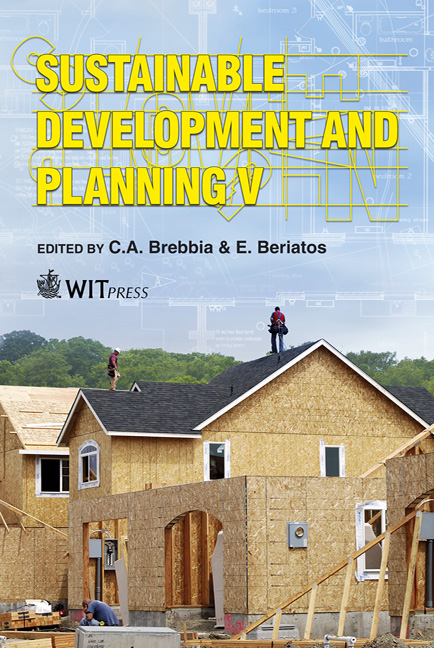Promoting Sustainable Development In The Minerals Industry: The Phosphate Project In Saudi Arabia
Price
Free (open access)
Transaction
Volume
150
Pages
8
Page Range
51 - 58
Published
2011
Size
3067 kb
Paper DOI
10.2495/SDP110051
Copyright
WIT Press
Author(s)
M. Aldagheiri
Abstract
The Kingdom of Saudi Arabia is largely considered to be a single-commodity economy in that the oil sector is the most important pillar of the national economy while the non-oil sectors play a relatively weak role. National economic diversification is considered a strategic goal for the Saudi Arabian government. The minerals sector in Saudi Arabia is one of the economic activities which has already started to achieve this strategic goal of diversification away from oil-related activities as the main source of national income. Saudi Arabia has strategic industrial minerals such as phosphate, bauxite, high-grade silica and gypsum as well as industrial raw materials that can be used in the domestic, regional and overseas markets. The industrial minerals sector in Saudi Arabia recognises sustainable development as a vital objective for society and readily acknowledges its responsibility for helping to achieve this critical aim. This paper examines the phosphate project which is considering one of the industrial minerals important to the economy of the Kingdom of Saudi Arabia, focusing on its production, the structure of its industry and the effects of government policies and planning efforts. Keywords: industrial minerals, phosphate, sustainable development, Saudi Arabia. 1 Introduction National economic diversification is considered a strategic goal for the Saudi Arabian government particularly when the exportable natural resources are expected to deplete in the foreseeable future. The minerals sector in Saudi Arabia is one of the economic activities that has already started to achieve this strategic
Keywords
industrial minerals, phosphate, sustainable development, SaudiArabia





